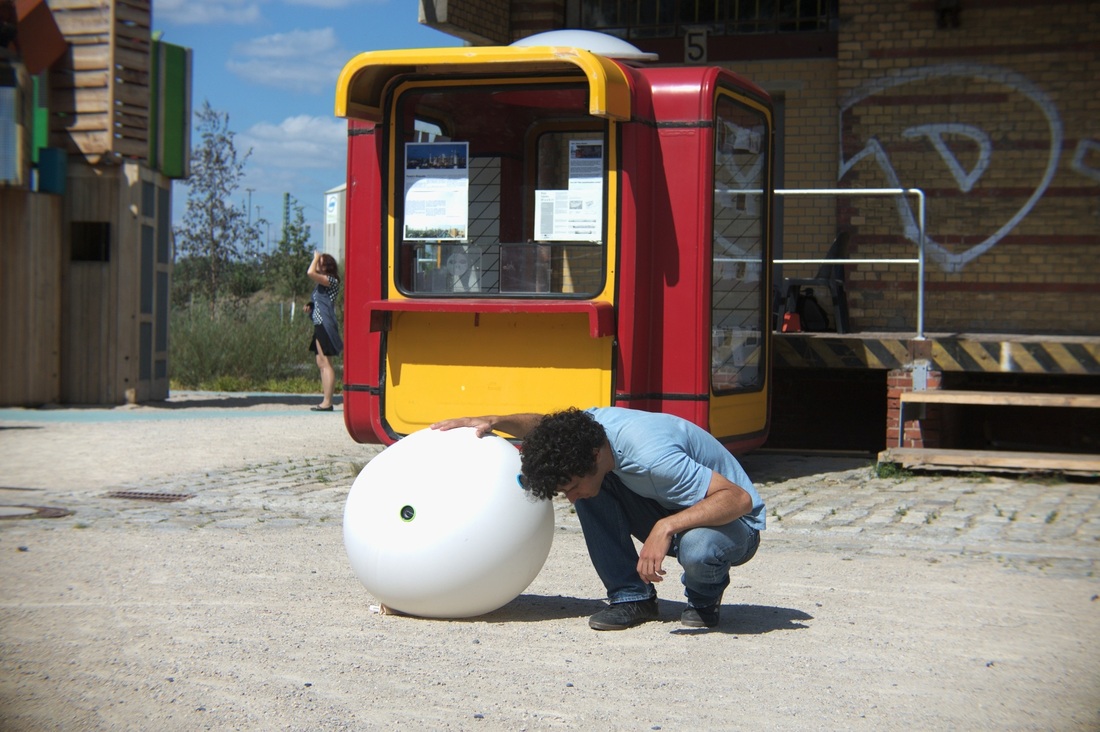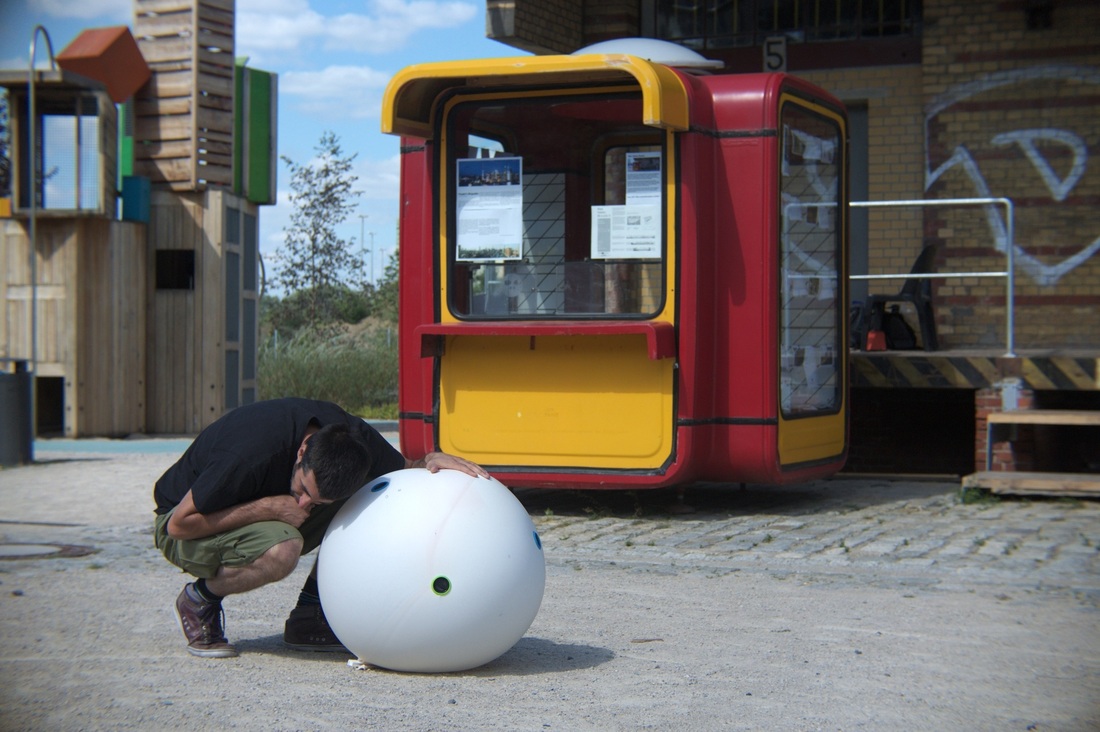_ParaArtFormations (DEU), Collective Mapping Walk
#Psychogeographic/cartographic experience #Participatory #Deep map
30.08.13 at 15:00, K67_Urban Router kiosk at the Moabiter Stadtgarten - park around Zentrum für Kunst und Urbanistik, Siemensstr. 27, 10551
2 hrs, in English
Maximum group size: 30 people
Audience could bring mapping tools: paper, pencils, camera, sound recorder etc.
The tour/walk engages audience in a psychogeographic/cartographic experience inside Moabiter Stadtgarten by providing a few conceptual frameworks. The tour consists of three main parts, which lead the participants through the process of the creation of a so-called ‘deep map’. First, the walk introduces what has been mapped so far: bee-colonies, social conflicts, soundscapes, historical traces, etc. It shows the principles, the background and the value of this collected data. Secondly, we will select a number of layers which offer participant a deeper understanding of the main forces behind the formations of the site and the possibilities of participation it offers. For example, sound will be recaptured using sound balls (a sort of prop we will use during the tour) which will be then given to audience members to play with and experiment with the distribution and intensity of the sound inside the garden. Finally, the tour will offer different possibilities to imagine and map other layers and to work in groups.
At the end of the tour, the participants’ conclusions will be presented in the K67_Urban Router micro-archive (kiosk at the location), in order to ‘inspire’ regular users of the park to rethink their daily surrounding
At the end of the tour, the participants’ conclusions will be presented in the K67_Urban Router micro-archive (kiosk at the location), in order to ‘inspire’ regular users of the park to rethink their daily surrounding
Miodrag Kuč with Guillermo Lares & Klaus Hamlescher (soundscapes)
Miodrag Kuč, (Dipl.-Ing., MSc. Urban Studies), born in 1977, is an interdisciplinary artist and urban theorist trained as architect/urban planner in various cultural settings. His work explores the role of ephemeral structures in uncertain urban conditions and spatial appropriations of marginal social groups.
He is founder of the studio ParaArtFormations which moves at the intersection of urban studies, performative-planning, artistic interventions and micropolitics. Operating exclusively in indeterminate spaces, ParaArtFormations develop site-specific toolboxes that replace conventional planning instruments based on control. By changing the "software" of uncertain spaces, ParaArtFormations introduce socio-cultural values of location and empower local agents.
He is founder of the studio ParaArtFormations which moves at the intersection of urban studies, performative-planning, artistic interventions and micropolitics. Operating exclusively in indeterminate spaces, ParaArtFormations develop site-specific toolboxes that replace conventional planning instruments based on control. By changing the "software" of uncertain spaces, ParaArtFormations introduce socio-cultural values of location and empower local agents.


